Despite its traditional EV-skeptical stand, Toyota now plans to have 15 all-electric models in production by 2027, with sales that year reaching 1 million. By decade’s end, that volume should more than triple, as Headlight.News reports.
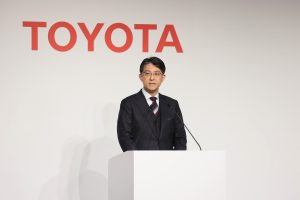
Toyota CEO Koji Sato remains committed to a mixed powertrain philosophy including hybrids, fuel-cell vehicles and EVs.
Among major automakers, few have been more skeptical of battery-electric technology than Toyota. The company offers only two EVs in the U.S., the Toyota bZ4X and Lexus RZ, but they’re soon expected to have plenty of company in showrooms.
Since Akio Toyoda, grandson of the company founder stepped down as CEO in 2023, his successor, Koji Sato, has ramped up the automaker’s EV program. By 2027, according to a new report by Japan’s Nikkei. it will have 15 all-electric models in production. Sales, meanwhile, are expect to increase more than seven-fold compared to 2024, and reach 3.5 million by the end of the decade.
There have been previous indications Toyota hopes to use some breakthrough technology to increase its EV sales, including solid-state batteries.
Toyota targets big EV growth
Toyota’s initial foray into the EV market has met with relatively little success. In the U.S., the bZ4X and RZ models are barely asterisks on the all-electric sales chart, even as demand continues to grow at a roughly 10% annual pace. It offers three other EVs in various markets, though Toyota hasn’t fared much anywhere else, including Japan, China and Europe. It has continued falling well behind key competitors such as Tesla, BYD and the Hyundai Motor Group.
The Japanese giant delivered just 140,000 EVs in 2024 worldwide, less than 2% of the total market for all-electric vehicles. And it expects to only reach 800,000 by 2026, reported Nikkei, or half of its earlier target.
But it sees the opportunity to ramp that up as it accelerates its EV rollout, and is now targeting 1 million EV sales by 2027, the Japanese news service said. It could hit 3.5 million by end of the decade.
What’s coming
The Nikkei report offered few details on what Toyota has coming, though the automaker has provided some indications over the last two years. In one of his last public events, former CEO — and now Chairman — Toyoda was shown with nearly two dozen EV prototypes. Among them were two high-performance sports cars.
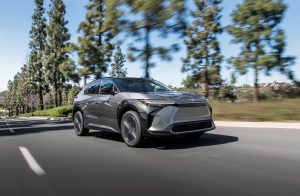
For now, the bZ4X is the only Toyota-branded EV offered in the U.S. It gets a midcycle update for 2026.
Sources have told Headlight.News that those models are still part of the mix.
Critically, CEO Sato ordered a rethink of Toyota’s EV strategy, among other things, ordering its product development teams to come up with new, more advanced platforms that would yield not only better range and performance but also help lower manufacturing costs.
There also have been indications that Toyota will try to launch its first models using next-generation solid-state batteries before the end of the decade. Prior reports would suggest those batteries would not make it into the batch of 15 all-electric models included in the Nikkei story.
More Toyota News
- First Drive: 2025 Toyota 4Runner — Something for Everybody
- Toyota’s Brand Boss Talks the Future of Hybrids, Plug-ins and BEVs
- Toyota Upgrades the GR Corolla for 2025
U.S. production
Currently, Toyota’s limited EV lineup is being produced solely in Japan and China. Nikkei indicated that will expand to include other locations, including Thailand, Argentina and the U.S. The need to build EVs in the States is becoming even more critical, said one analyst, in light of the new Trump tariffs.
The Nikkei report did not indicate how many of the new Toyota EVs will come to the U.S., nor which ones. But it has already been confirmed by Toyota sources that major updates for both the Toyota bZ4X and Lexus RZ are coming.
Exactly how fast the global EV market will continue to grow is a matter of debate, especially with Trump taking steps to reduce U.S. federal support for the technology. But Toyota appears to have recognized that most other markets are still going to back the technology with mandates and incentives.

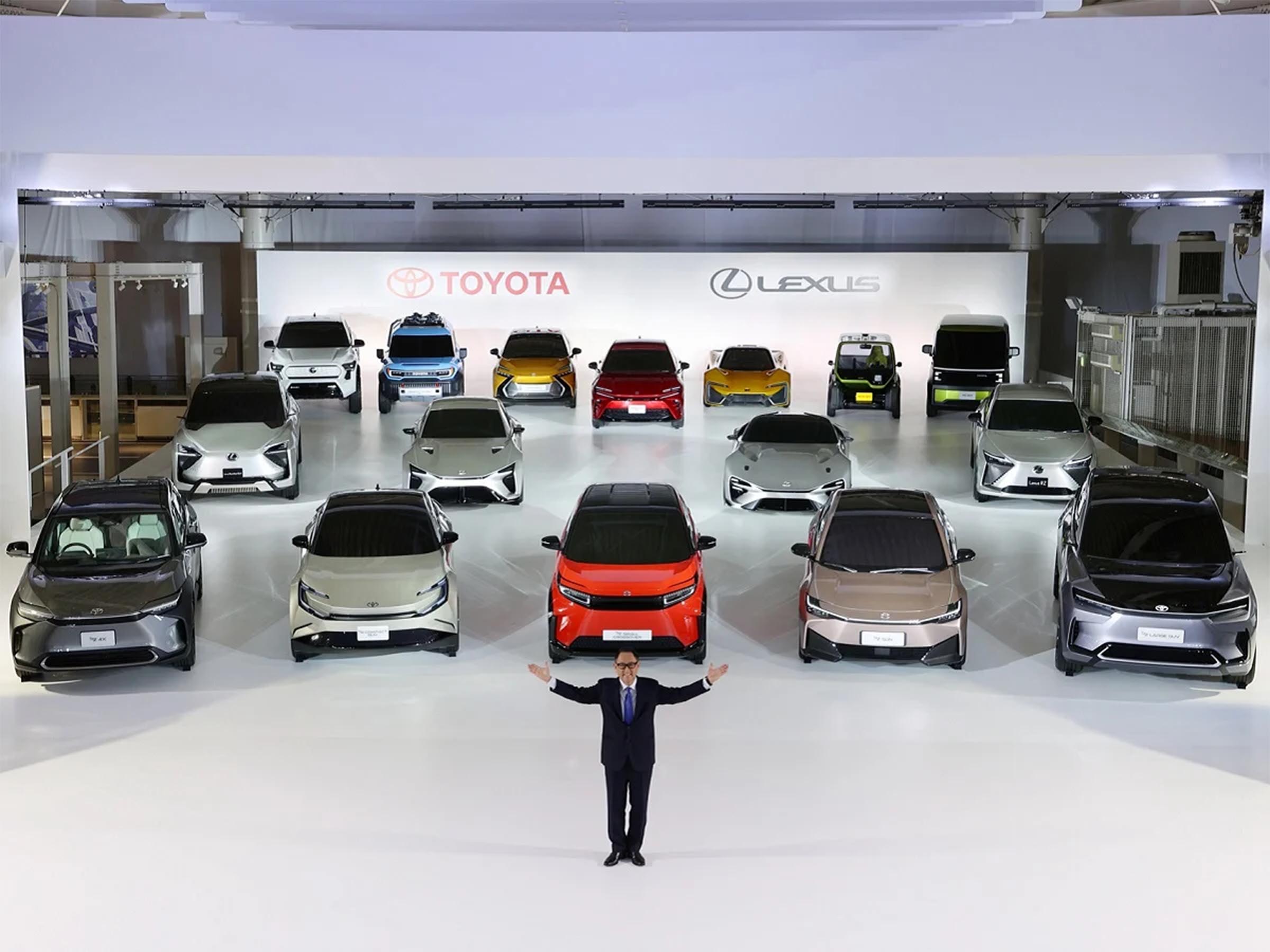
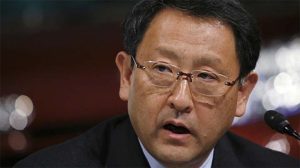
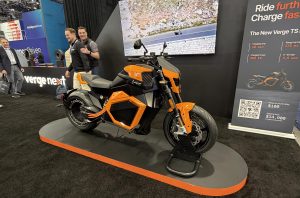

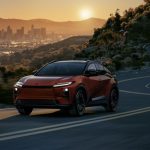
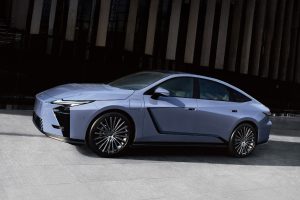
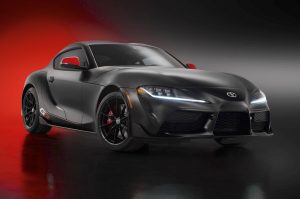
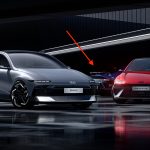


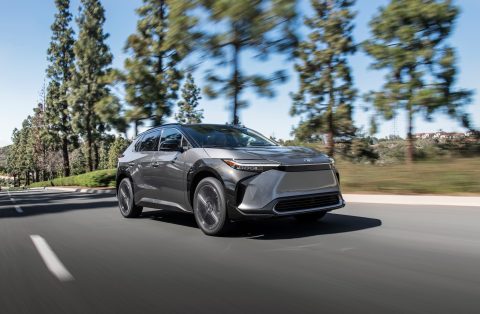
0 Comments